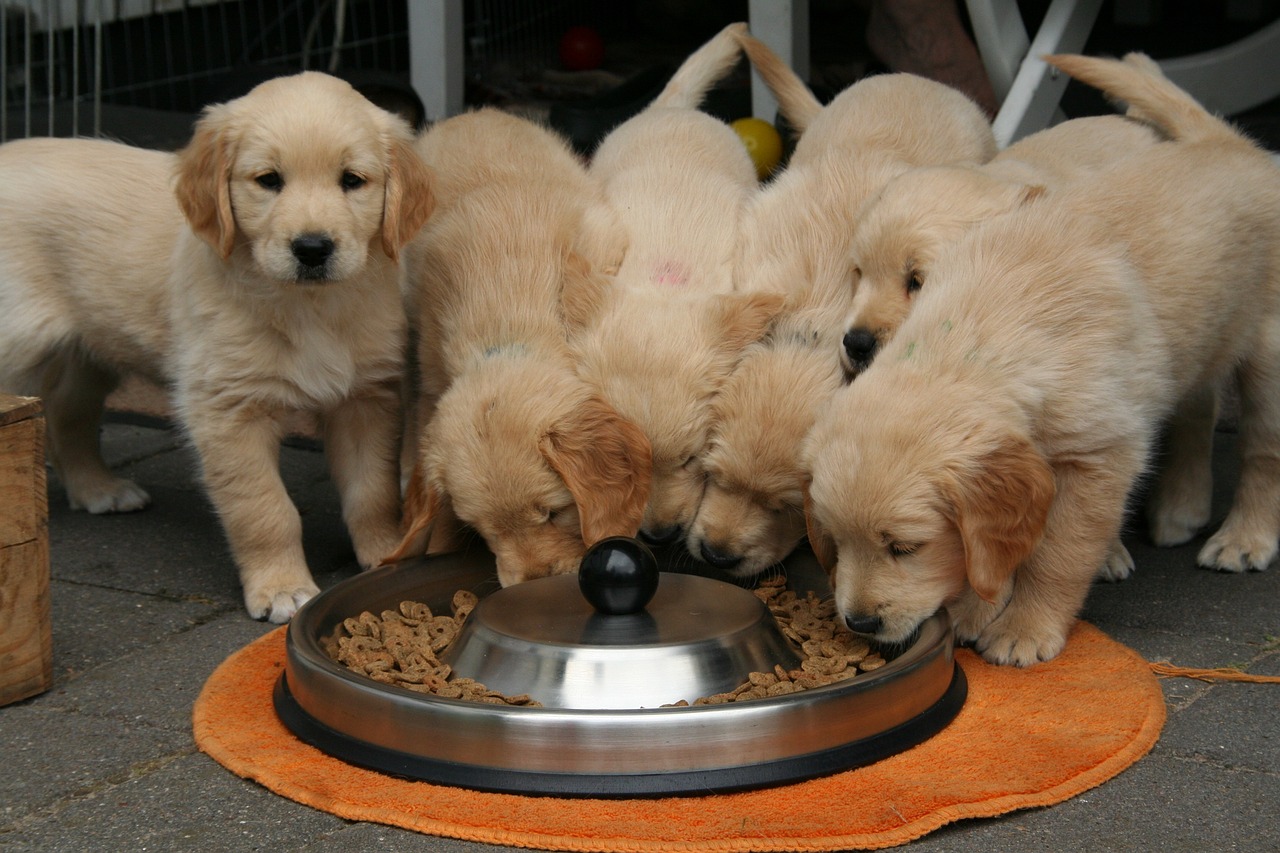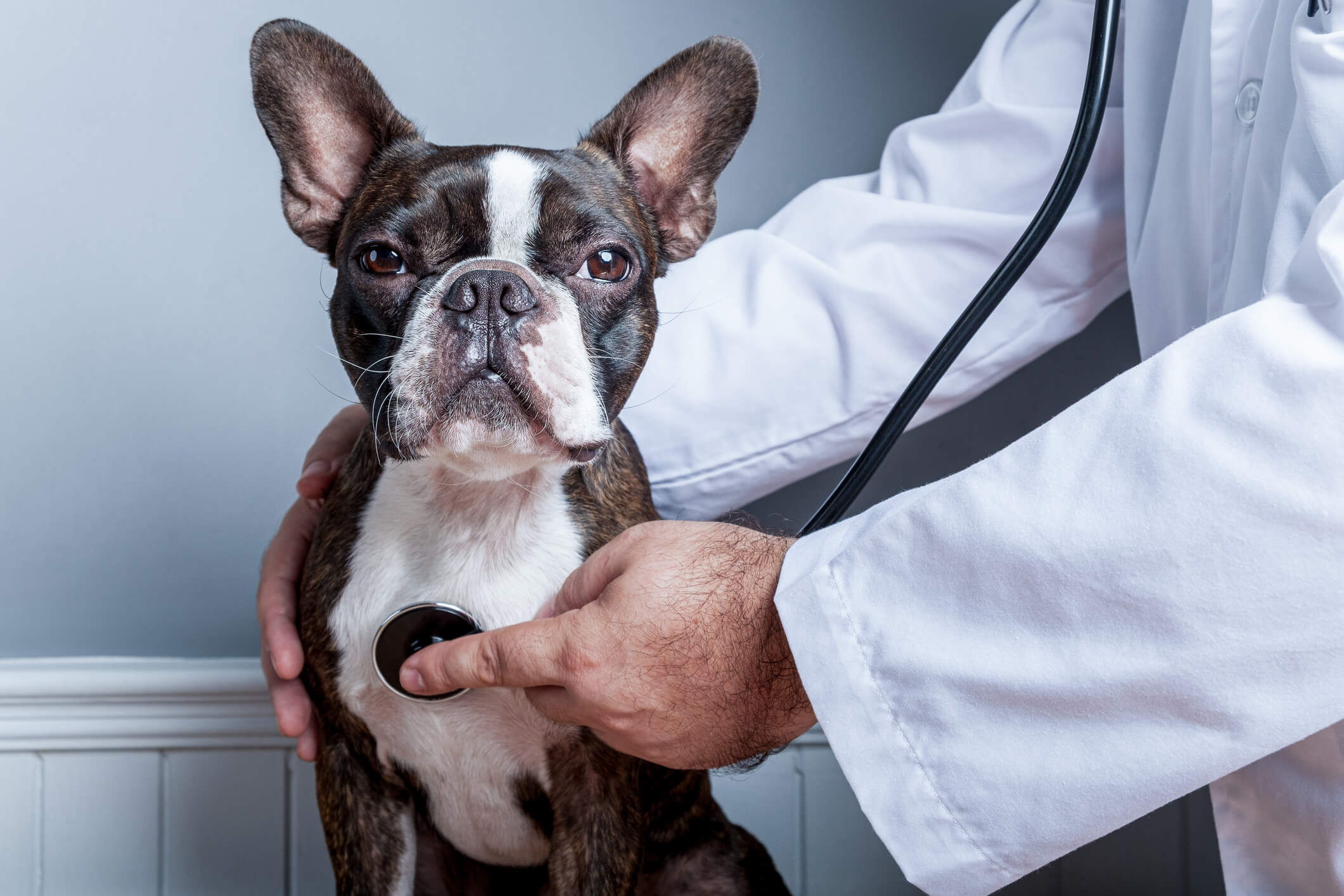10 Foods to Feed Your Sick Dog for a Speedy Recovery

Always prioritize the nutritional value of the food you choose. Here are some nourishing options for your sick pup:
Option 1: Cooked, Plain White Meat
Cooking plain white meat like chicken or turkey can be an excellent choice for a sick dog due to its easy digestibility and low-fat content. Here's how to prepare it:
-
Rinse the chicken or turkey thoroughly under cold water, removing excess fat and bones.
-
Place the meat in a pot, covering it with water.
-
Bring the water to a boil, then reduce the heat and simmer for 15-20 minutes.
-
Once cooked, let the meat cool and cut it into small, bite-sized pieces.
-
Serve the white meat alone or with a small amount of cooked rice or vegetables.
-
Always consult your veterinarian before altering your dog's diet, especially when unwell. They can guide your dog on the safest and most suitable foods.
Option 2: Chicken with White Rice
Chicken and white rice are popular dog staples for their rich nutrient content and dog-friendly taste. While brown rice is more nutritious, white rice's mildness makes it easier for dogs with upset stomachs to digest. Choose boneless and skinless chicken breast for easy chewing and digestion.
Avoid using seasonings and butter when your dog is unwell, as these can cause stomach discomfort.
Option 3: Boiled Sweet Potato
Sweet potatoes are loaded with vitamins and fiber, making them an excellent choice to soothe your dog's intestines and provide essential nutrients like calcium, iron, and magnesium. Ensure you cook sweet potatoes thoroughly and peel the skin before offering them to your dog. Raw potatoes with skin are more complicated to digest and can exacerbate stomach issues. Mashed sweet potatoes are ideal for easy consumption.
Option 4: Bone Broth
Bone broths are nutrient-rich liquids packed with minerals and low in carbohydrates, making them an excellent choice for upset stomachs. To prepare bone broth, simmer beef or pork marrow bones and turkey or chicken bones in 2 to 3 inches of water for 20-24 hours. Remove all bones before serving the liquid to avoid digestion issues.
Option 5: Pumpkin
Pumpkins, like sweet potatoes, are effective in alleviating upset stomachs and boosting the immune system. Offer your dog one to four tablespoons of plain pumpkin with their regular meal for a speedy recovery. Avoid adding seasonings like pumpkin pie spice or extra sugar, as they can upset the stomach. Canned pumpkin without additional ingredients can also be used.
Option 6: Baby Food
Certain baby foods, particularly Stage II meat-based options such as chicken, lamb, and turkey, can be highly effective for puppies. Remove any added seasonings like garlic before serving them to your sick dog. Baby foods are easy to chew and digest, making them suitable for stomach and diarrhea treatment. Some dogs may develop a strong preference for these foods during their recovery.
Option 7: Fish
Fish can stimulate your dog's appetite with their strong smell and provide healthy fats and vitamins to boost the immune system. Opt for fish like cod, remove all bones, and cut them into small, manageable pieces for your dog to chew easily.
Option 8: Oatmeal
Oatmeal is rich in fiber, antioxidants, and linoleic acid, making it practical for constipation relief and reducing stomach inflammation. Mixing oatmeal with warm water and honey can aid in your sick dog's recovery. However, be cautious not to overfeed oatmeal, as excessive fiber can worsen stomach discomfort. Avoid using milk and opt for warm water, as dogs often struggle to digest milk.
Option 9: Yogurt
Plain yogurt, free of sweeteners, is a valuable source of calcium, protein, and beneficial bacteria for digestion. If your dog experiences constipation, plain yogurt can be a helpful addition to their diet. Choose plain yogurt without added nutrients, or make fresh, homemade yogurt if possible.
Option 10: Boiled Egg
Eggs are a protein-rich source that dogs generally enjoy. However, they may not be suitable for all illnesses, as some dogs can experience worsened symptoms after consuming eggs, especially if they vomit regularly. If your dog has no issue with eggs, they can provide a nutritious and energizing meal. You can add boiled eggs to fried rice for a complete meal.
Always monitor your dog's response to these foods and adjust their diet accordingly. If symptoms persist or worsen, consult your veterinarian for professional guidance on your dog's condition.
Get insurance plans with wide-ranging coverage options













